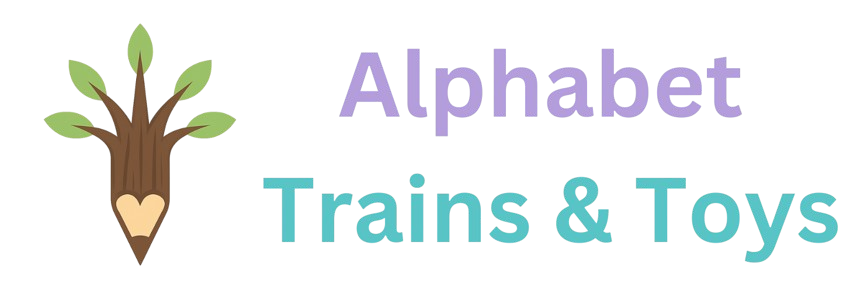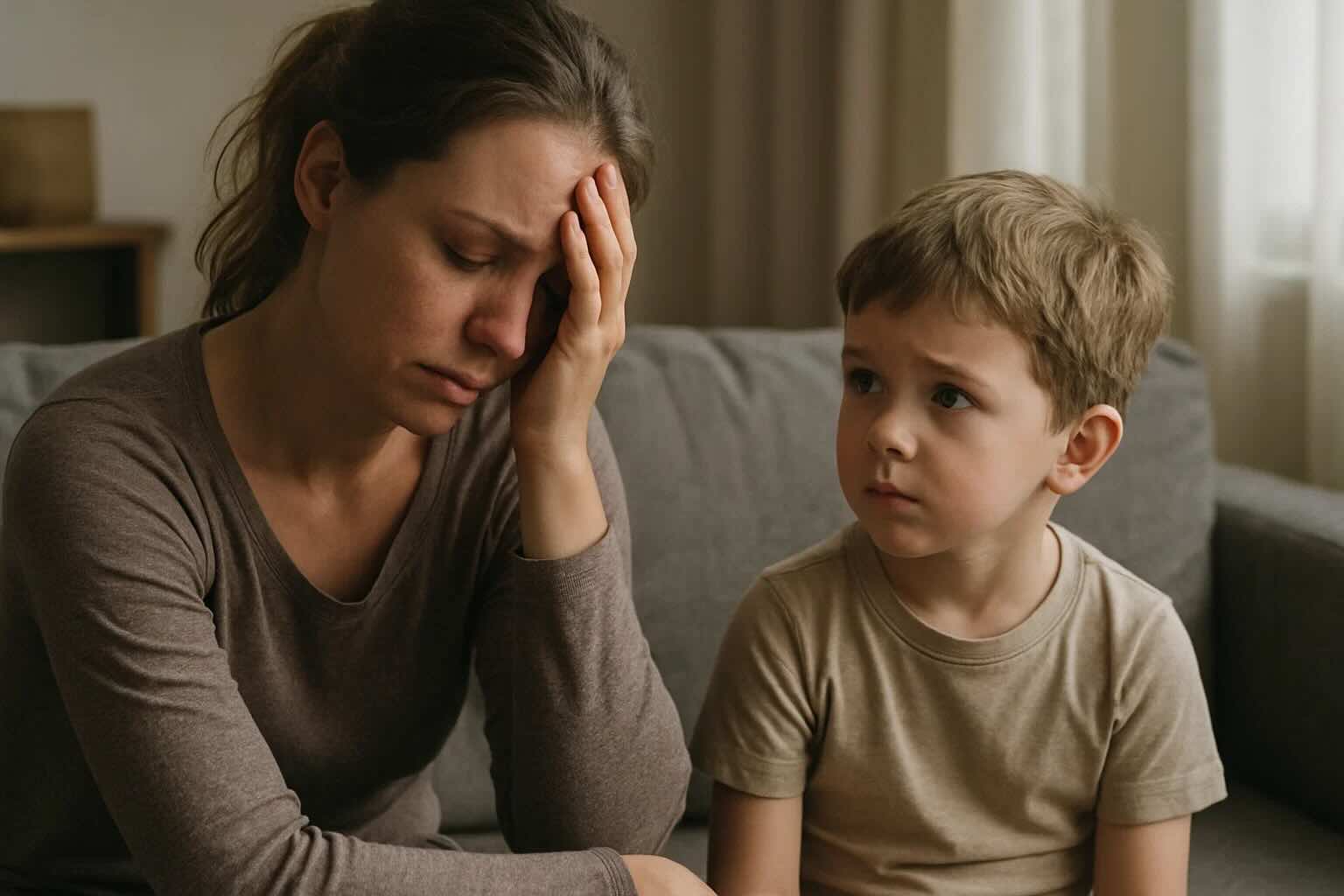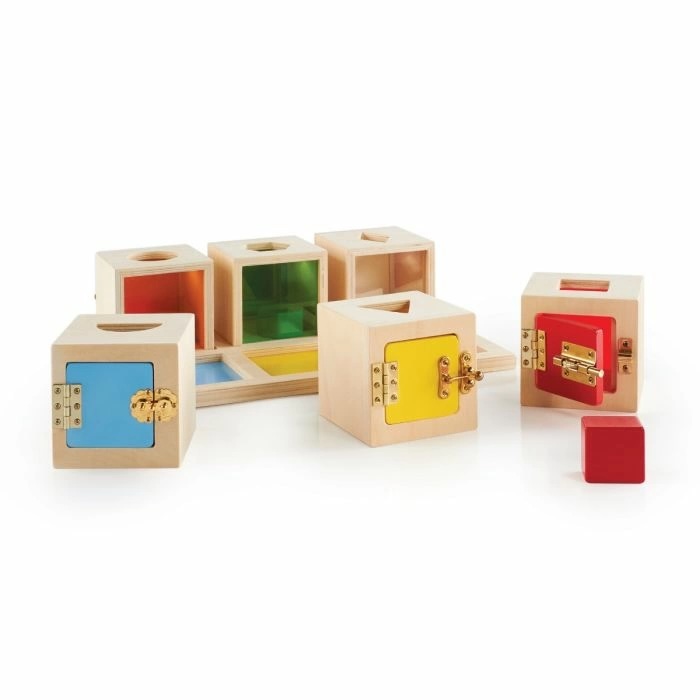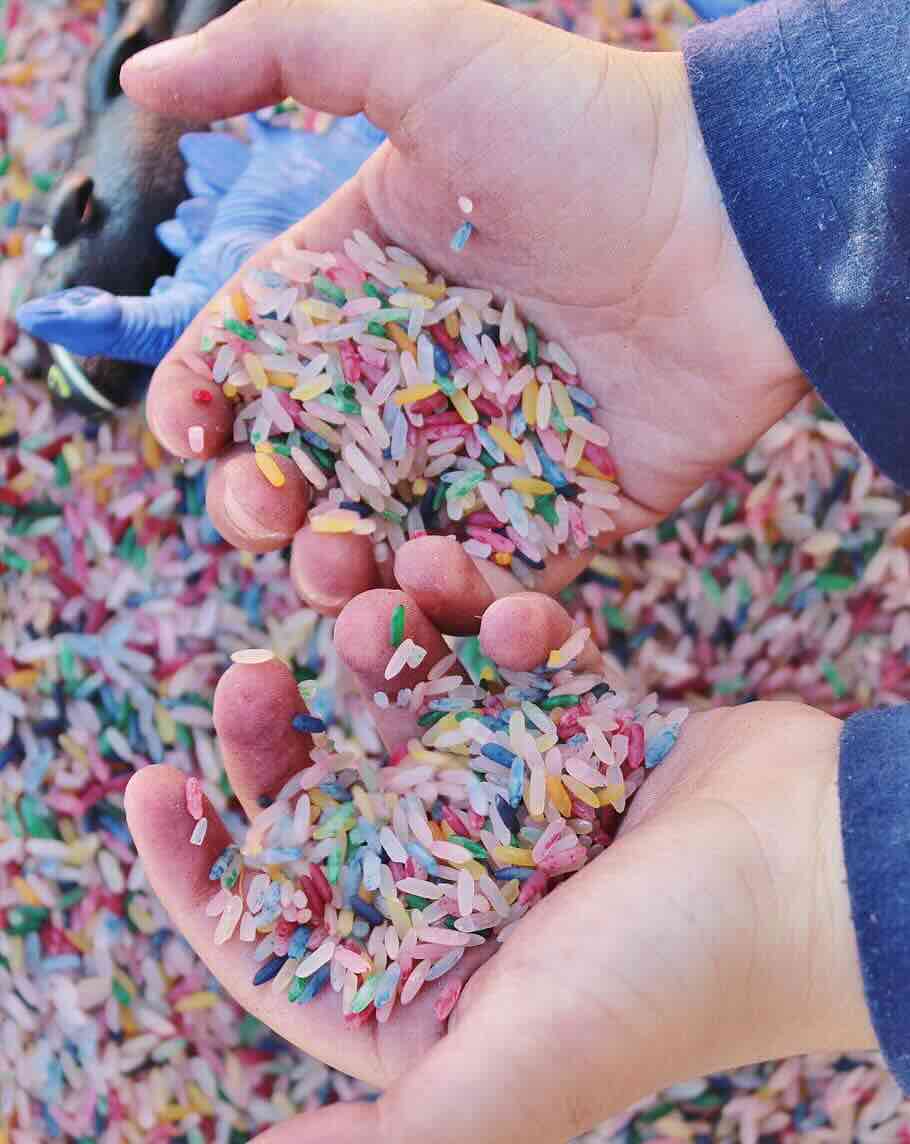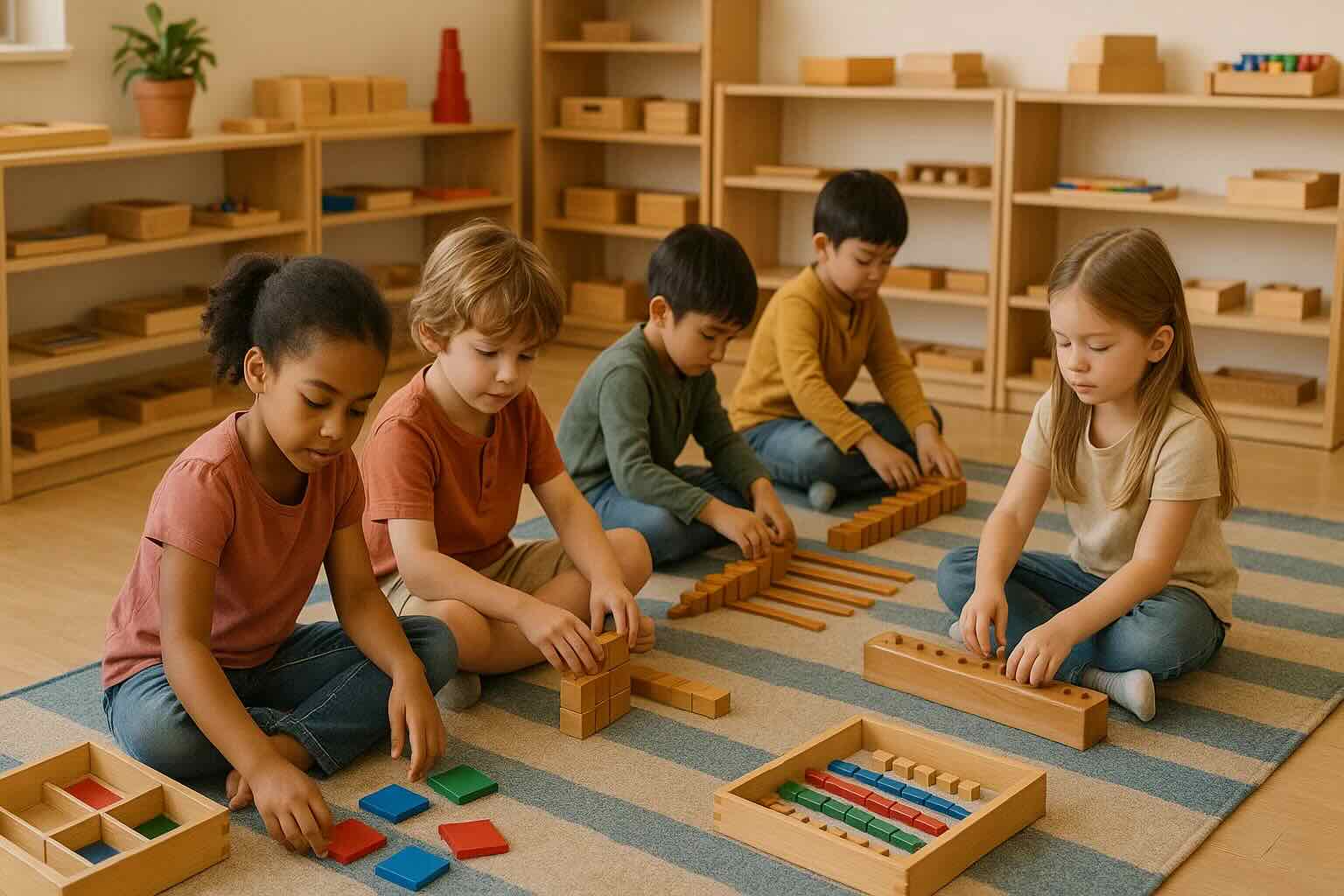We chose Montessori because we believe in respect for the child.
We believe in following their natural development, honoring their sensitive periods, and offering an environment that nurtures independence, self-regulation, and joy in learning—principles at the heart of a Montessori parenting style.
And yet—despite all of that—this year, I found myself heartbroken watching my confident, curious five-year-old lose that spark.
When a Montessori Child Starts to Struggle
My son has been attending a small Montessori school for nearly two years. He’s bright, strong-willed, and full of energy. He’s always loved learning, and up until recently, school was a happy place for him.
But over the last few months, things changed.
Each day, I would be met with a new concern from his guide:
“He’s not focused.”
“He fidgets too much during lessons.”
“He takes too long to eat lunch.”
“He prefers easier work.”
“He had a meltdown when a child was staring at him.”
Some of these were understandable. A five-year-old still developing executive functioning might struggle with concentration. Fidgeting can disrupt others. But the tone began to shift—not toward understanding, but toward correction. He wasn’t just having challenges; he was being viewed as challenging.
And the worst part? He started to believe it.
“I think I’m a bad person because I can’t focus.”
“My feelings get too big and I don’t know what to do. And no one helps.”
“They don’t believe me. So why try?”
These weren’t just isolated school issues. This was a loss of self-confidence, of emotional safety, and of trust in his environment.
The Importance of Observation and Preparedness
In Montessori, the adult’s first role is observation. When a child is struggling—especially in emotional regulation—the prepared environment must adapt to meet their needs, not the other way around.
Was the environment truly prepared to support him?
Was his fidgeting seen as communication? Were his social conflicts guided with grace and courtesy? Was his natural developmental rhythm honored, or was he expected to conform to adult timelines for finishing work and meals?
My son told me he’s often not hungry during lunch, but they require him to finish everything or he doesn’t get to go outside. That doesn’t reflect the freedom within limits we expect in a Montessori setting—freedom to follow the body’s cues, within the limit of respect for community rhythms.
Sensitive Periods Include Emotions
At five, children are often in a sensitive period for emotional and social development. They’re learning how to name big feelings, assert themselves, navigate peer relationships, and ask for help—all while still needing adult scaffolding to do so.
So when my son asked a peer repeatedly to stop staring at him and eventually melted down, it was a cry for help. His needs weren’t being acknowledged, and when he finally broke down, he was scolded. He missed nap time. He felt punished for protecting his boundaries.
That’s not the Montessori approach.
Creating Space for Repair: A Parent-Guide Conversation
I scheduled a meeting with his guide. I’ll be honest—I came in feeling defensive, even angry. But I also knew that Montessori encourages collaboration between the adults in the child’s life. Our goal wasn’t blame—it was understanding.
We discussed the concerns: focus, lunch, meltdowns, peer conflict. I asked how observation was being used, what support systems were in place, and how children were guided toward emotional awareness.
Then we invited my son to join the second half of the conversation.
He was given space to speak. He shared what made him anxious, what made him feel unseen, and what kind of help he wished he could ask for. To the guide’s credit, she listened. She truly listened. And together, they created a plan for a fresh start.
“I feel a little better,” he told me afterward.
“I think I can try again.”
Montessori at Its Best: Supporting Emotional Regulation
In a thriving Montessori environment, emotional regulation is not forced—it’s cultivated. Here are some practices we’re leaning into now, both at school and at home:
🧠 Observation First, Intervention Second
Behavior is always communication. When a child struggles to sit still or focus, we observe to uncover the why.
🌿 Respecting the Child’s Rhythm
Rather than pushing “challenging” work, we follow the child’s interests and readiness. Mastery leads to confidence, and confidence opens the door to challenge.
🌈 Peace Corners and Regulation Tools
Montessori classrooms often include a peace corner or calming shelf—spaces where children can choose to regulate independently. Other aspects of self-regulation, like toilet learning, also benefit from the same Montessori emphasis on preparedness and autonomy.
Build your own peace corner at home
🤝 Grace and Courtesy in Real Life
We role-play social situations and rehearse language like “Please stop, I don’t like that,” so our child feels confident in the moment.
🧺 Prepared Home Environment
We’ve simplified routines, added visual transition cues, and introduced Montessori toys and tactile tools that support freedom within limits.
Closing Thoughts: Real Montessori Is Rooted in Connection
This experience has reminded me of something deeply Montessori: the adult must do the inner work too.
We’re not just preparing an environment for our children—we’re preparing ourselves to truly see them, hear them, and believe in their capacity to grow through difficulty.
Creating a child-friendly space at home? Our Montessori-inspired furniture supports independence through practical design.
Emotional regulation at age five is not a destination—it’s a journey. And with a prepared environment, respectful guidance, and consistent connection, that journey becomes a path toward resilience, not resistance.
If your child is struggling like mine was, you’re not alone. And neither are they.
Explore Montessori toys tailored for 5-year-olds to support emotional and sensory needs with the right tools for this stage.
Let’s raise emotionally aware, self-respecting children—one moment of connection at a time.
About the Author:
This story was generously shared with us by a Montessori parent and longtime supporter of Alphabet Trains & Toys. As a passionate advocate for child-led learning and emotional development, she’s navigating the ups and downs of Montessori parenting with patience, grace, and a deep respect for her child’s journey. We’re honored to be part of her family’s Montessori path and grateful for the trust she places in our resources.
Explore our Montessori tools to help nurture emotional growth through freedom, structure, and connection.
